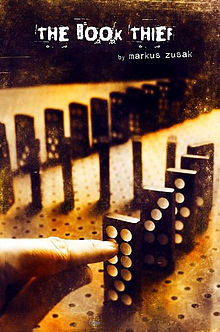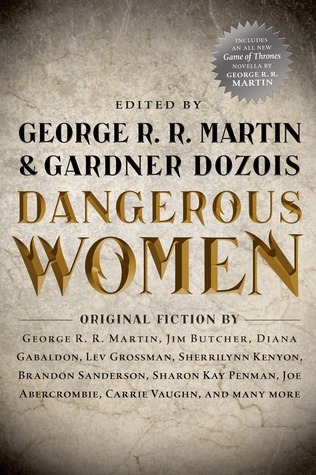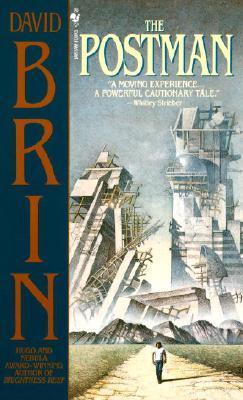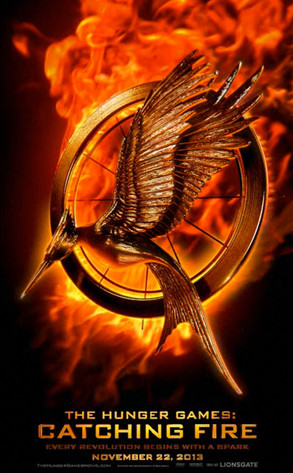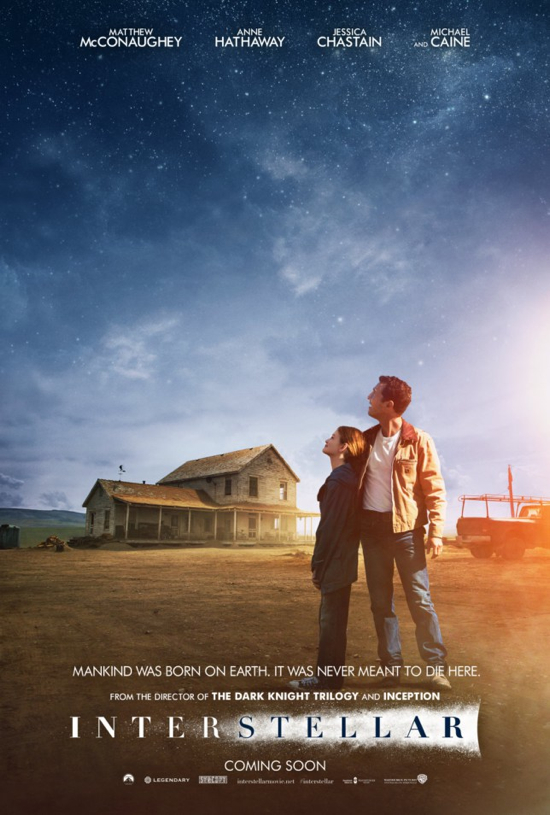I’ve been super busy so I have fallen behind on reviewing things here, but I have still been consuming lots of media, so here are some rapid fire reviews.
The Book Thief
This is a well-written story about a girl living in World War 2 era Germany. The plot builds a little too slowly for my taste, but the characters are great, and the writing is excellent, with lots of vivid, often surreal imagery. I listened to the audiobook and the reader was very good. Note: this is a book set during WWII, narrated by Death. So yeah, it’s gonna be sad.
Dangerous Women
This is a collection of short stories and novellas edited by George R.R. Martin and Gardener Dozois, with contributions from tons of big names in the fantasy, sci-fi, horror, and noir/mystery genres. I actually haven’t finished it, but I’m about 3/4 of the way through and I can comment on what I’ve listened to so far. As with all anthologies, the stories are a bit hit or miss. In theory, the uniting theme is the title of the anthology “Dangerous Women”, but the various stories interpret this differently. Be warned, these are not all feminist stories about strong female characters, though there are plenty of those. A few standouts so far are: Megan Lindholm (aka Robin Hobb)’s story “Neighbors”, about an older woman grappling with alzheimers was powerful and sad. The genre elements of the story gave it a satisfying ending, but in a way it felt like cheating because in real life someone in the protagonist’s situation doesn’t have that option. Brandon Sanderson’s “Shadows for Silence in the Forests of Hell” was a very nice story, and in this shorter form, his signature worldbuilding skills are even more impressive than in his novels, in my opinion. The story is set in a pretty traditional medieval fantasy setting, but the way Sanderson builds that setting so deftly, while weaving in the uniqueness that drives the story, is just really impressive. “Bombshells” was my first taste of Jim Butcher’s Dresden Files series, which I’ve been meaning to check out for a while. Despite having a massive spoiler in it, this story was a good, fun introduction to some characters in the series, and very strongly reminded me of Buffy the Vampire Slayer. As for the bad, I didn’t much like “My Heart is Either Broken” by Megan Abbott, and I found “I know how to pick ’em” by Lawrence Block to be downright awful. Not the writing, mind you: it was well-written, but the story itself is just disturbing and gross and I wish I had not read it.
The Postman
This is a classic post-apocalyptic book, and I am glad I finally got around to reading it. I’m in the midst of playing Wastelend 2, a post-apocalyptic computer game, and the long-awaited sequel to Wasteland, which came out in 1988. Wasteland inspired the Fallout series of games, and it is pretty clear that The Postman was one of the inspirations for Wasteland. Anyway, The Postman was a rare example of a post-apocalyptic novel that is somewhat optimistic. The premise is that the main character finds an old mail-carrier’s uniform, and survives by telling people he has come from the Restored United States. Except his lie starts to have a life of its own. Much like The Stand, another classic post-apocalyptic novel, this one is at its best in the beginning and then starts to lose its magic toward the end. In particular (spoilers coming up) I found it annoying that, after spending the book showing that people working together and helping each other is far better than the “survival of the fittest” mentality of the bad guys, the climax of the novel involved the good guys recruiting someone who was big and strong enough to fight the evil general. It would have been more fitting with the theme of the novel if, say, they had outsmarted the survivalists, or incited a revolt, or something. Also, this book seems to think that it is feminist, but it never quite gets there. There are women who do courageous things at the end, but even as the main character praises them, he can’t help but call them crazy. Also, the man character is constantly sleeping with naive young women 10 years or more younger than him. But criticisms aside, this was still an enjoyable post-apocalyptic novel with a rare positive spin on things.
Mockingjay Part 1: Catching Fire
I am annoyed at the trend in Hollywood of splitting up movies into multiple parts to make more money. But unlike in some cases (like the travesty that are the Hobbit movies) the Hunger Games movies are consistently really good and Catching Fire was no exception. It doesn’t feel bloated at all (unlike the Hobbit movies), the acting is good, and as far as I can tell it is pretty faithful to the book (though it’s been a while since I read the series). I suspect that Part 2 may actually be better than the book, since my main memory of the book is a series of increasingly crazy action scenes that I suspect will be better on screen than on the page. Anyway, This series of movies continues to be surprisingly good, even despite the obvious money grab of splitting the third book into two movies. Also? Actual competent and strong female characters! Plural! Not even dressed in implausible “sexy” costumes!
Interstellar
This movie was great, and emotionally draining. Without giving too much away, I would describe Interstellar as basically a combination of 2001, Contact, and Moon, which if you know me, you know is high praise. For a movie about interstellar travel, the science is surprisingly good, though not so fanatically obsessed with staying realistic as to hurt the story. Great demonstrations of the effects of general relativity and simulating gravity in a rotating spacecraft. Not so great understanding of tidal forces or planetary remote sensing. There are a few times when the characters give somewhat ham-handed speeches but mostly the writing and acting are very good. I can definitely see this being excellent at an IMAX theater.
